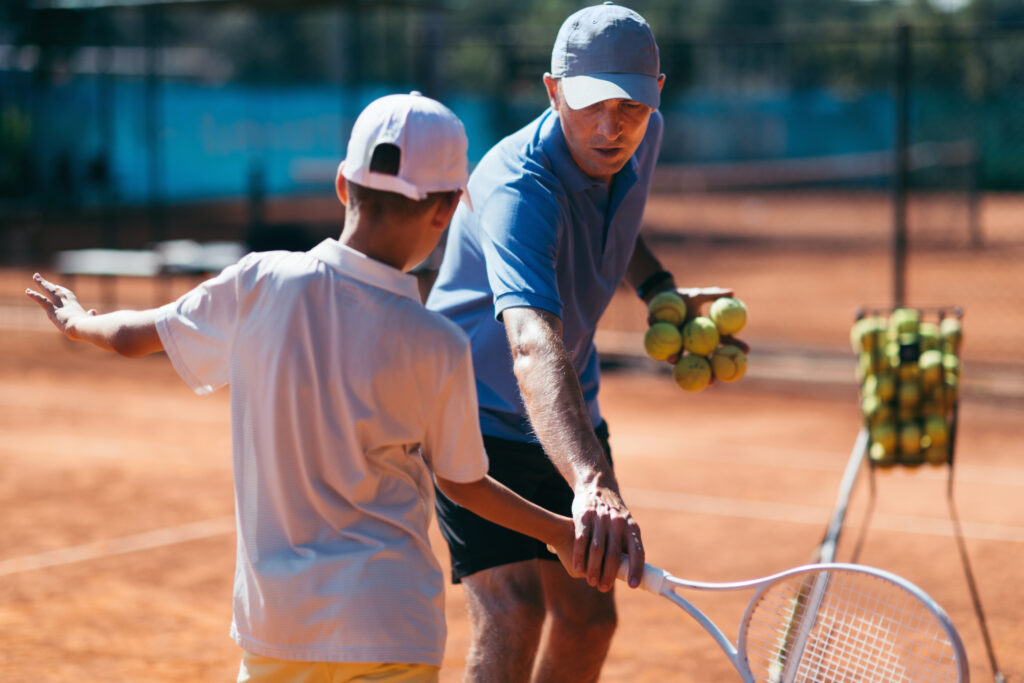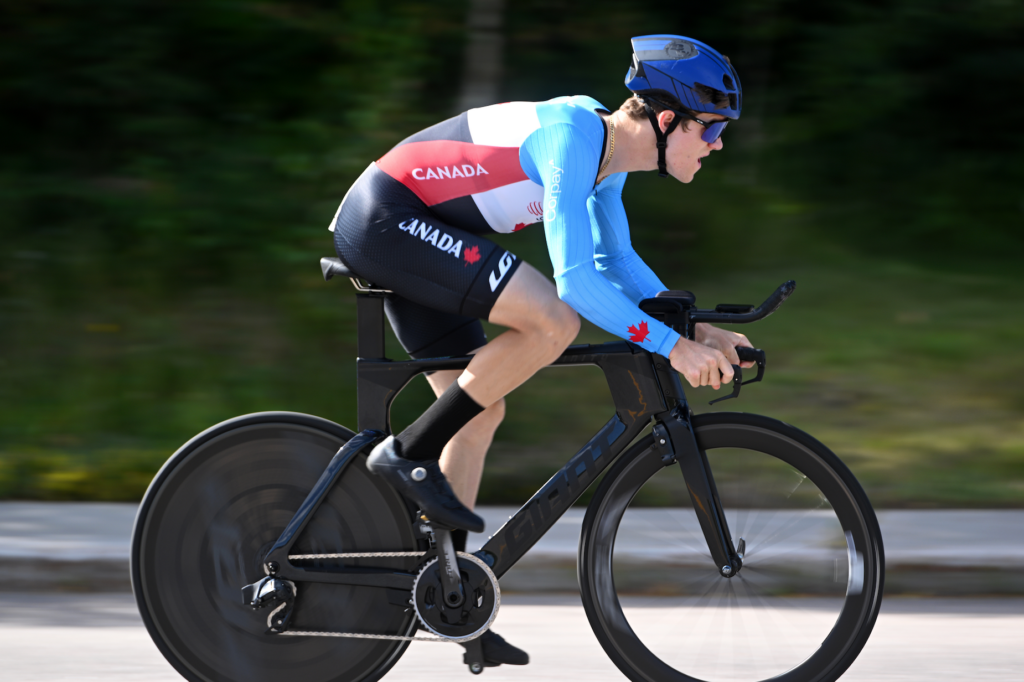Empowering mentees to lead
The experiences of women coaches in mentorship programs show that mentees want a learning environment that promotes agency and self-direction. When mentees can express their learning interests and preferences, they feel they can lead their training and find more value in the mentorship program.
Coaching Wheelchair Athletes
Coaches play an important role in facilitating athlete development. Shepherding athletes through an introduction to Para sport after an accident is a unique coaching role. This study explores the role of wheelchair rugby coaches in the development of athletes with a spinal cord injury.
Barriers and facilitators to coaching certification in Canada

Joseph Gurgis is an Assistant Professor at Nipissing University. He completed his doctorate at the University of Toronto, where he explored Canadian stakeholders’ interpretations, experiences, and recommendations for advancing Safe Sport. His findings suggest the Safe Sport movement would be best served by a shift in focus to cultivating inclusive environments, rather than a singular…
Knowing your role
A role outlines the specific behaviours that are expected of an individual to achieve established team goals. On a team, each role should interact seamlessly to help the team reach its untapped potential. Members will perform better individually when they understand their role, and role clarity sets the stage for team success.
Injury prevention programs in soccer
The FIFA 11+ program was developed in 2011 based on medical research. It consists of a warm-up routine that combines exercises in strength, running, and balance to prevent injuries in soccer players. Despite its current success, research shows that higher program uptake can be achieved by raising injury prevention awareness and promoting protecting players’ overall…
Coach mentorship
Mentorship can enhance coach recruitment, retention and promotion across sport by advancing coach skill, comfort and confidence. In 2020, the Black Female Coaches Mentorship Program (BFCMP) started as a way to address the mentorship gap for Black women coaches in Canada. New research with the BFCMP explored the experiences of Black women coaches, and points…
Collaborative coaching is key to successful Para athlete transfer

This blog is a part of a series created in collaboration with the Canadian Paralympic Committee and the Paralympic Athlete Transfer Task Force, spotlighting the opportunities and challenges of Para athlete transfer and multi-sport participation. When COVID-19 hit, like the rest of us, Alexandre Hayward was stuck at home. Hayward, a member of the Canadian Junior National Wheelchair Basketball…
Trauma-informed approaches in sport
Up to 60% of Canadians report having had at least one Adverse Childhood Experience (ACE), such as abuse, neglect, or a household disruption. Coaches and program leaders can use a trauma-informed approach to support individuals who have experienced ACEs. This approach can help athletes better regulate their emotions and improve focus, leading to better performance,…
How coaches can support concussed athletes
Many coaches are familiar with the risk of concussions in sport, but may be unaware of how to best support an athlete through a concussion. Research shows that coaches can support concussed athletes by understanding their organization’s or school’s concussion protocol, and by actively working with healthcare professionals to support athletes’ concussion recovery.
Talent development gender gap
Gender equity is just as important in sports research as it is on the playing field. However, a recent literature review shows a considerable gender gap in talent development research. Youth development programs need more research on girls and women to better address their specific needs with evidence-based programming.